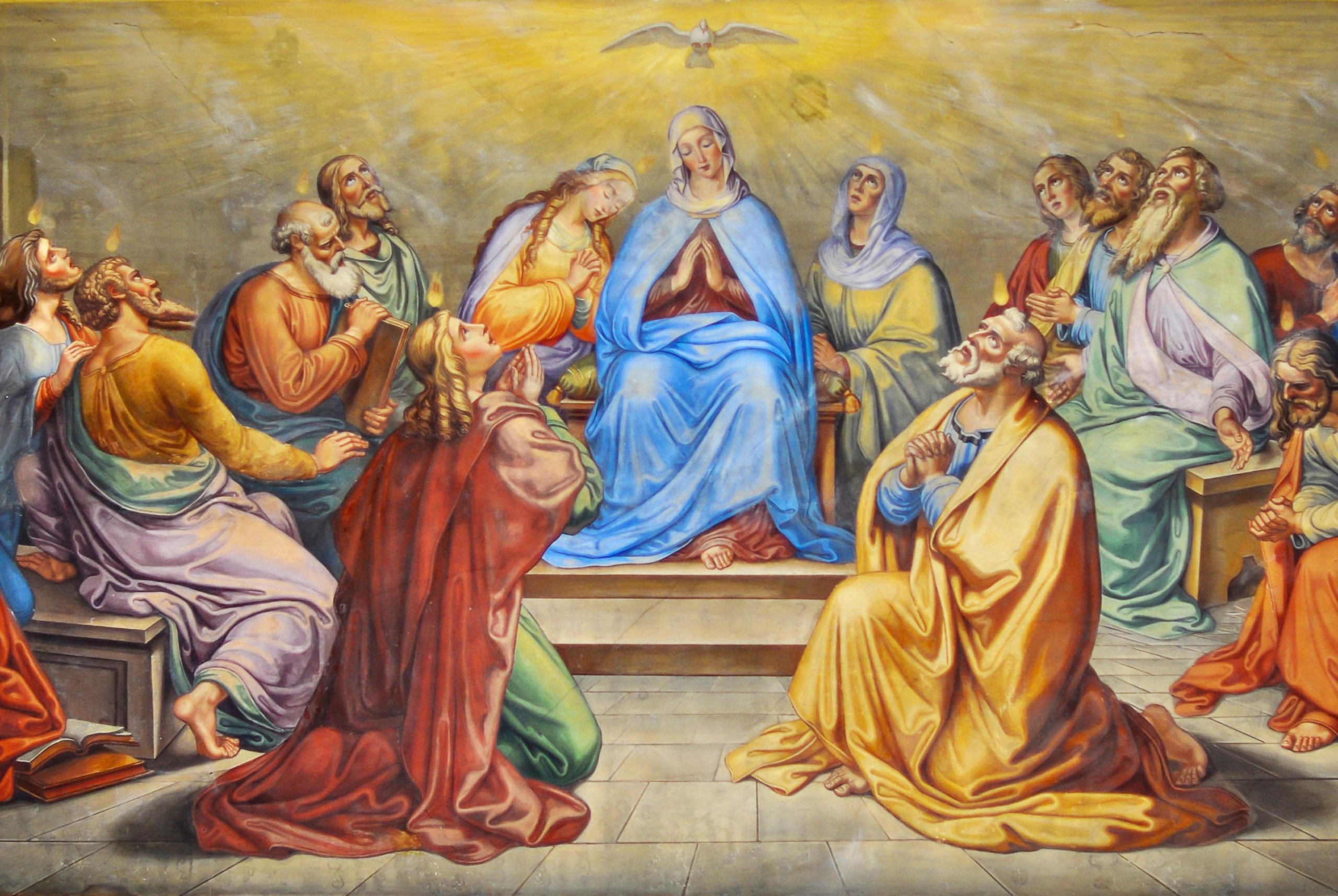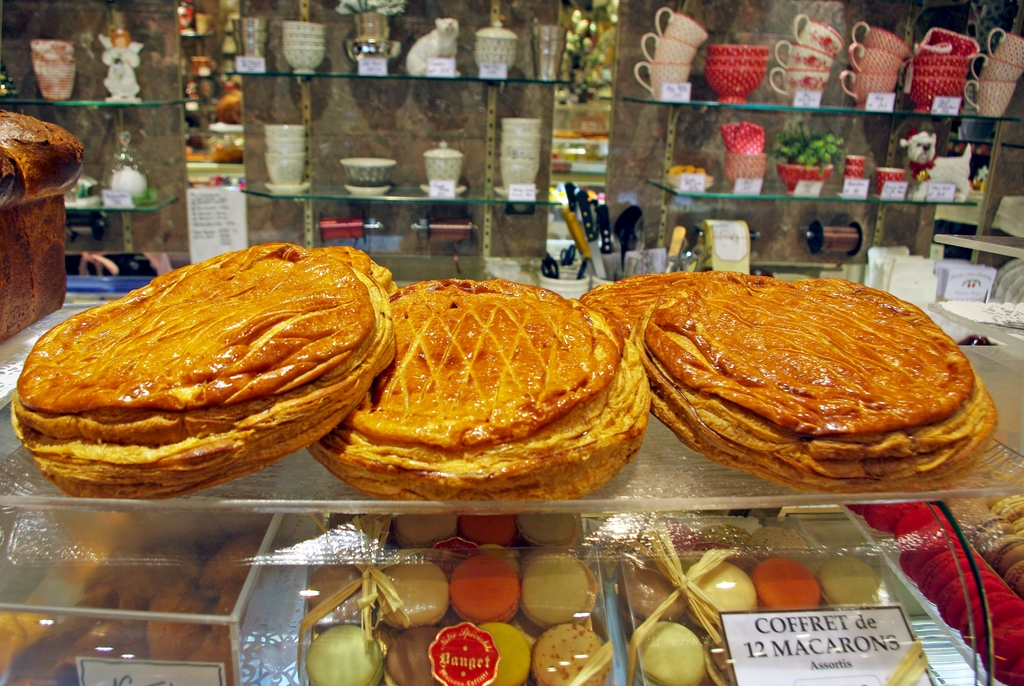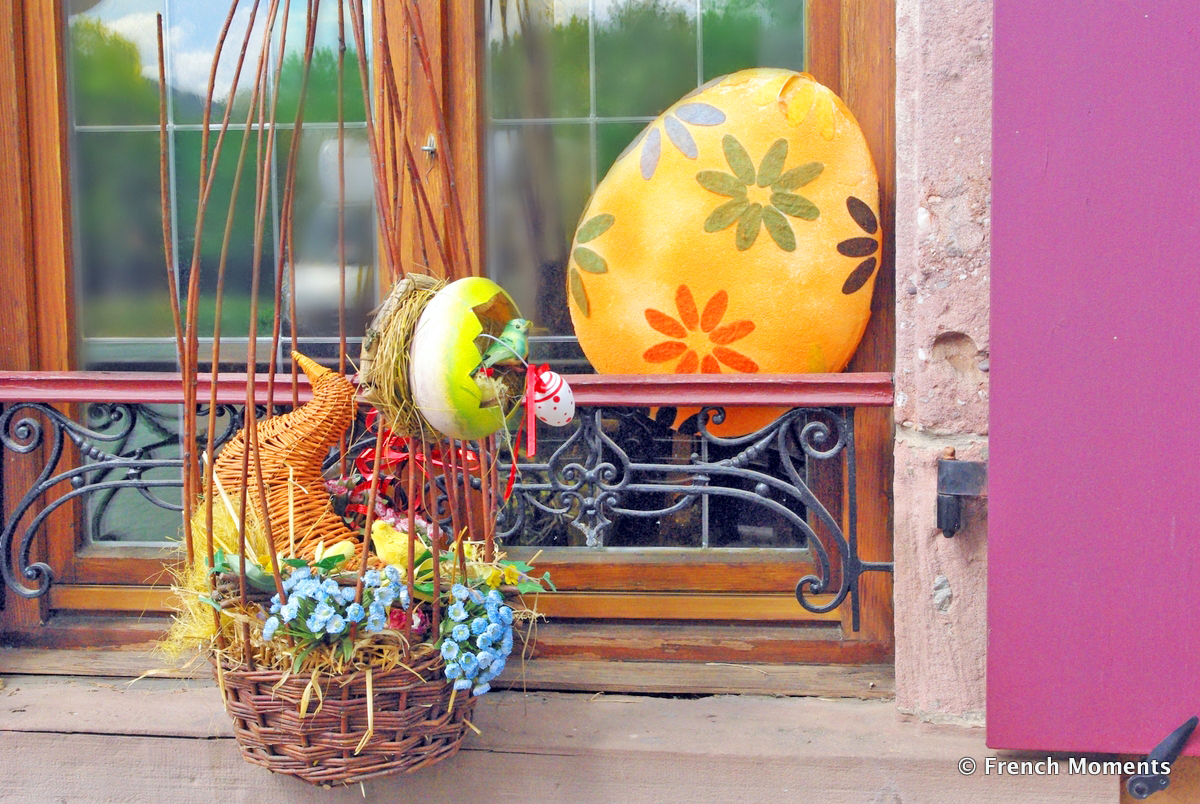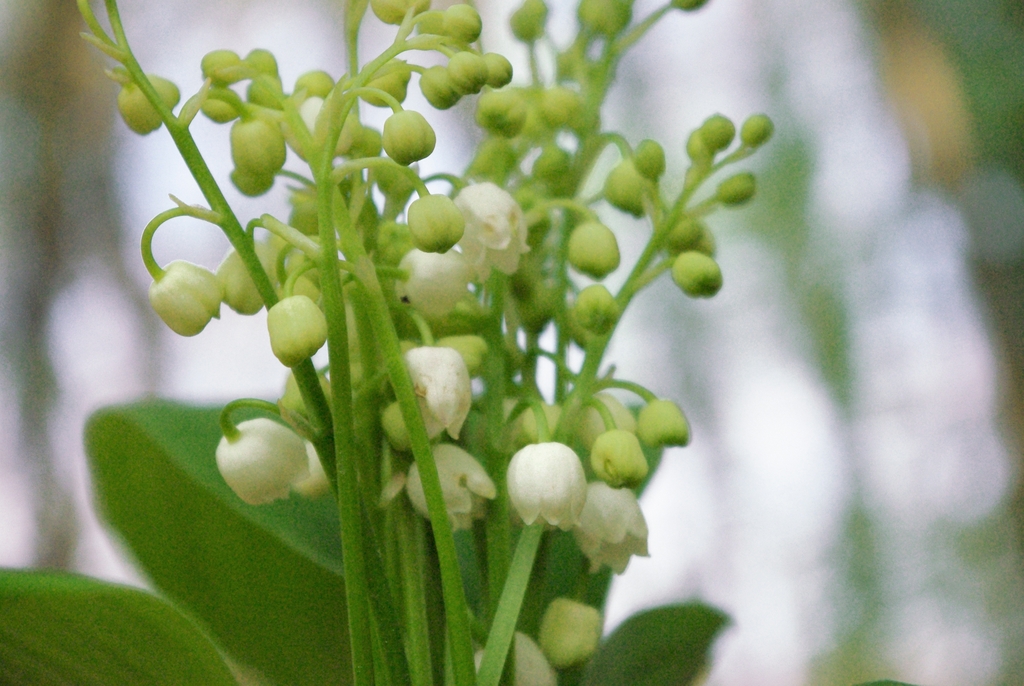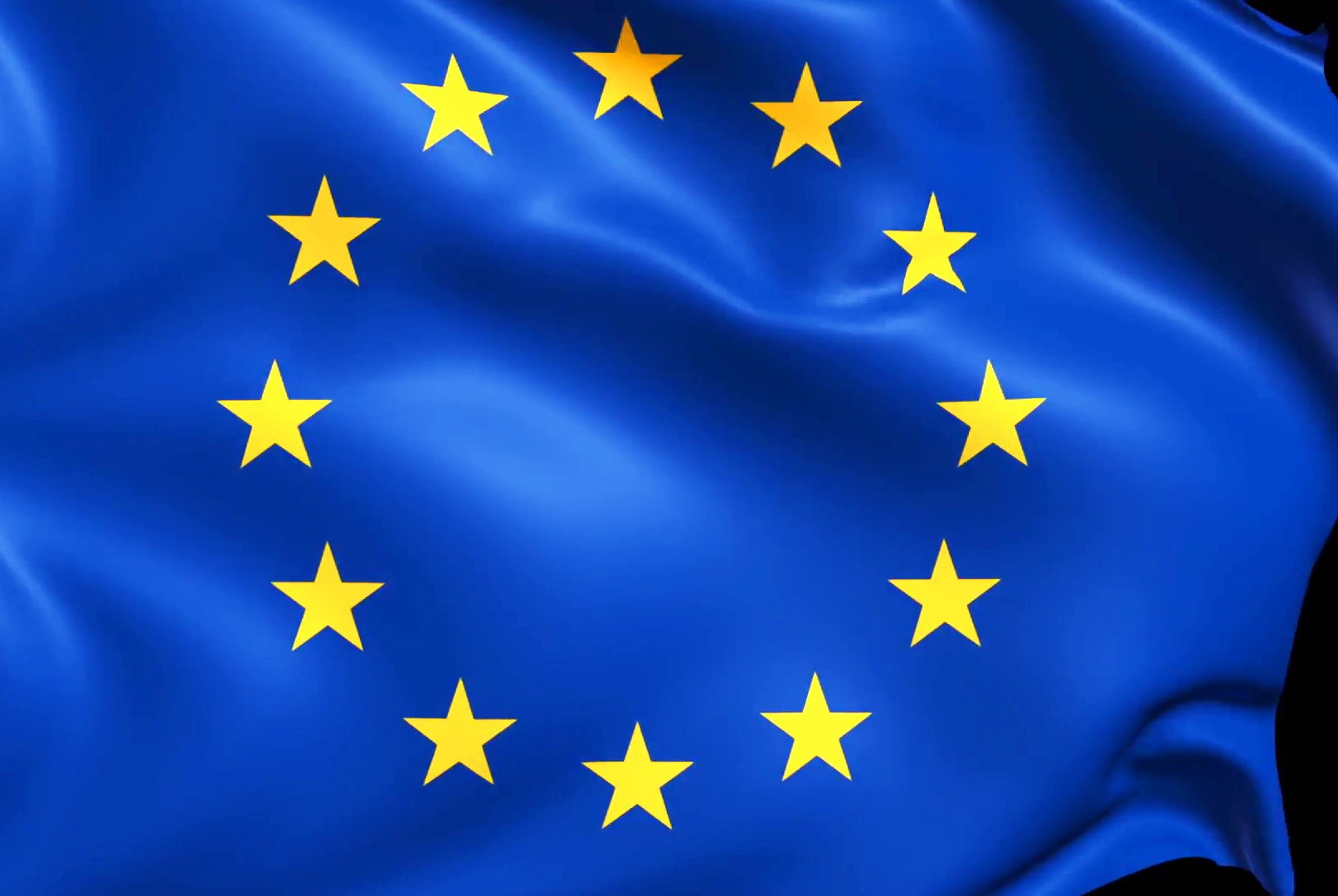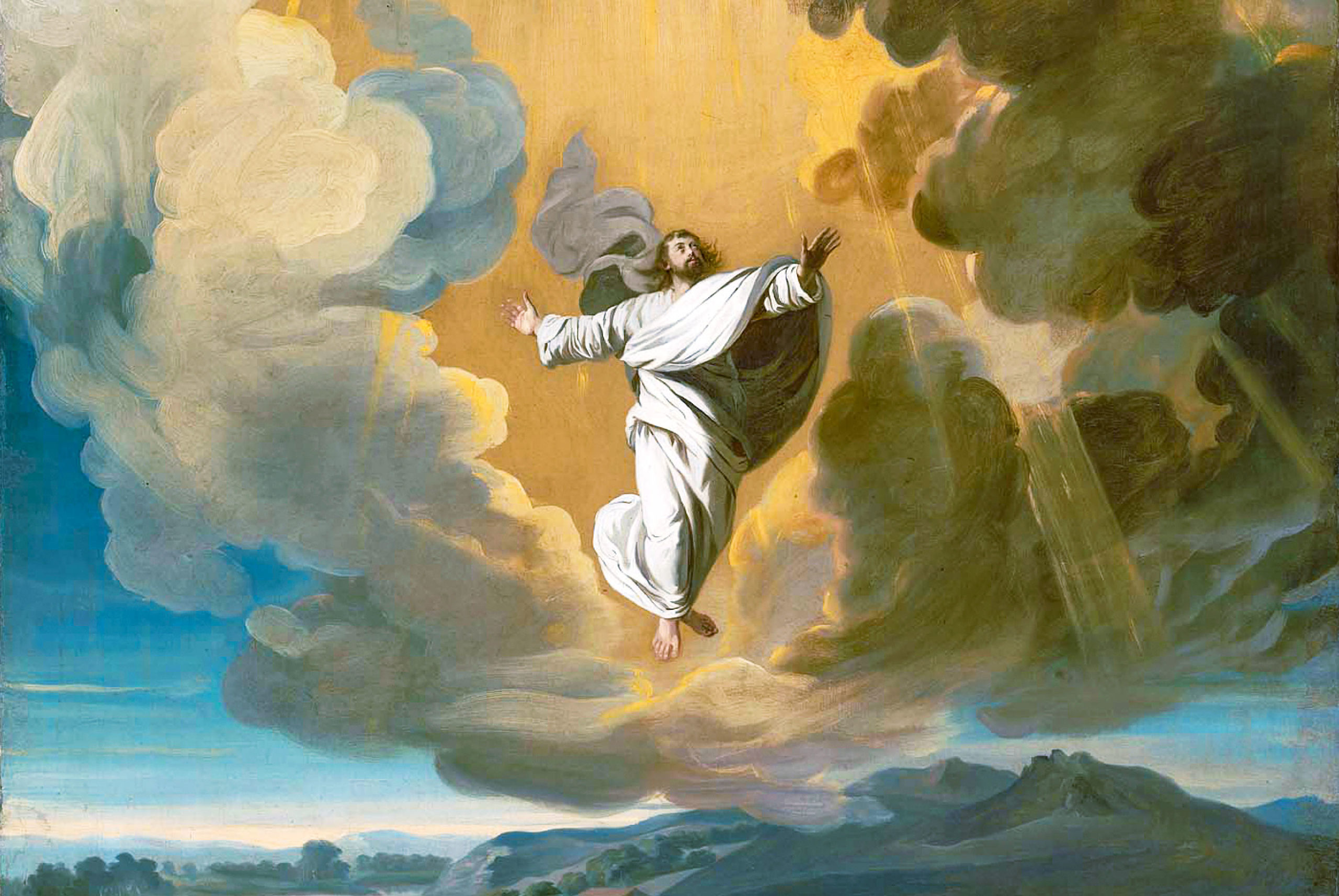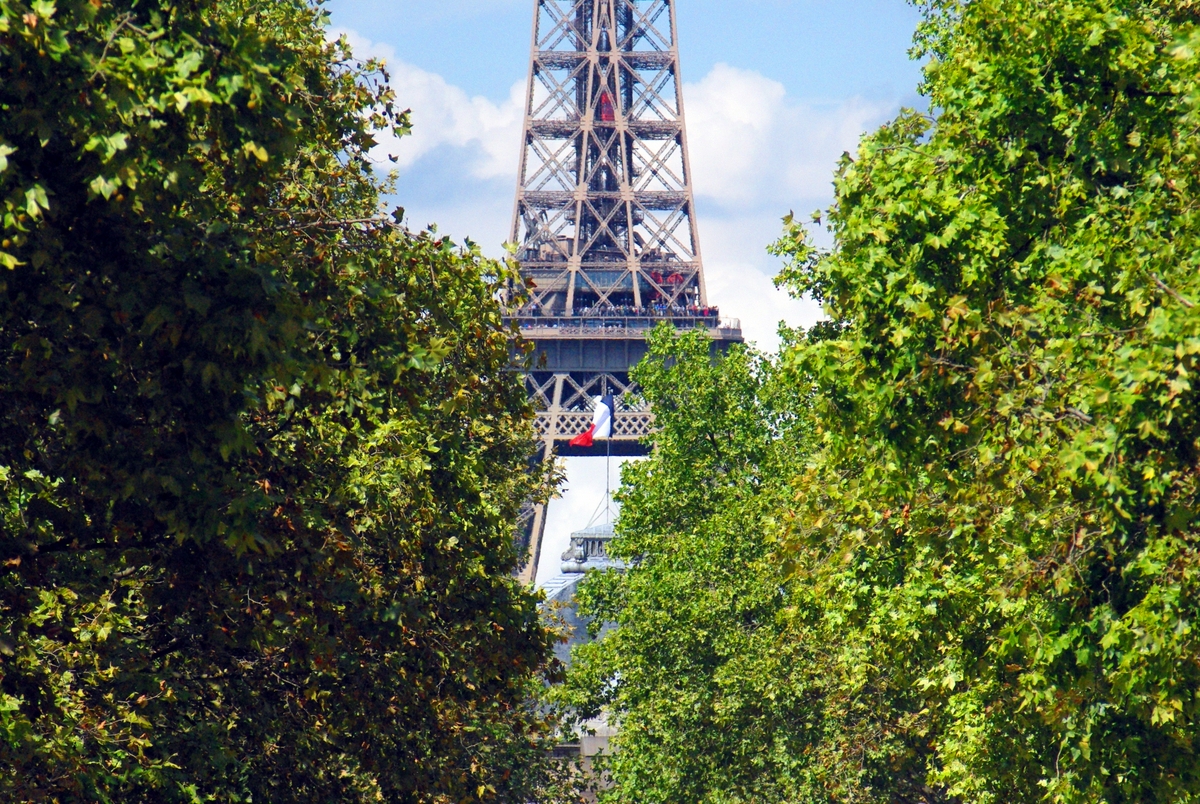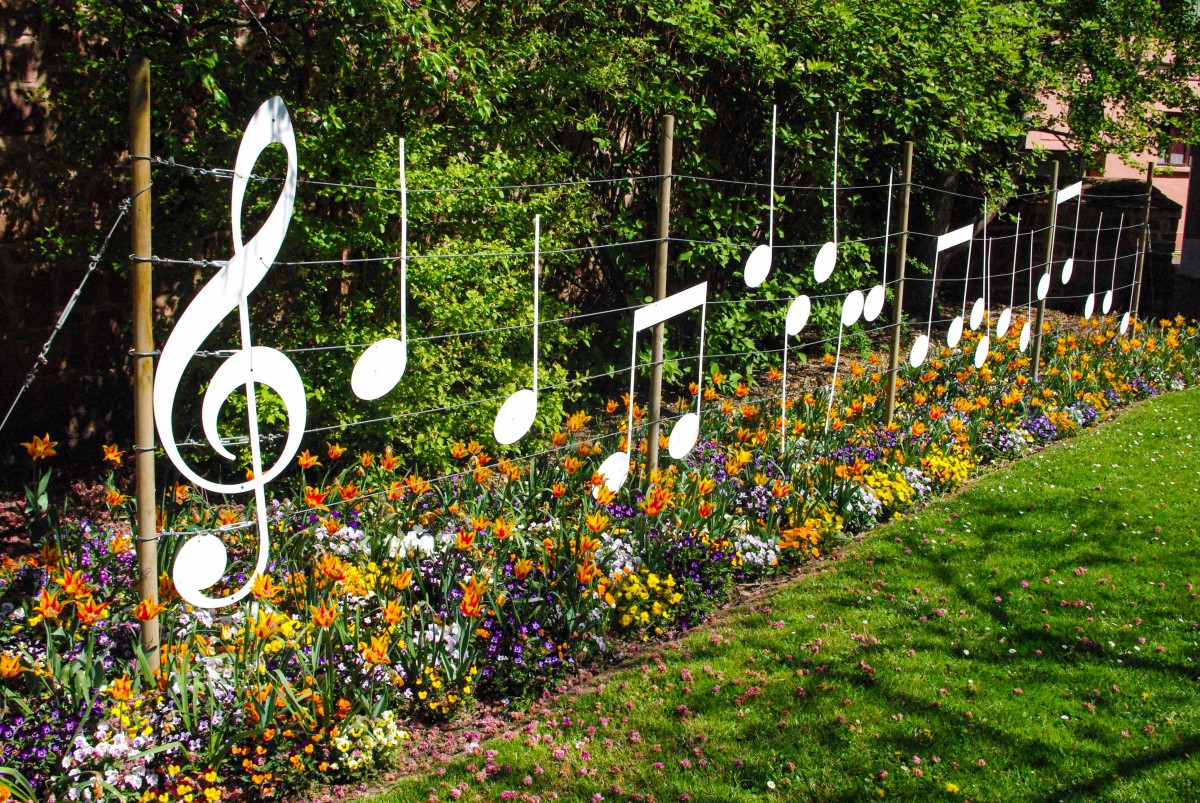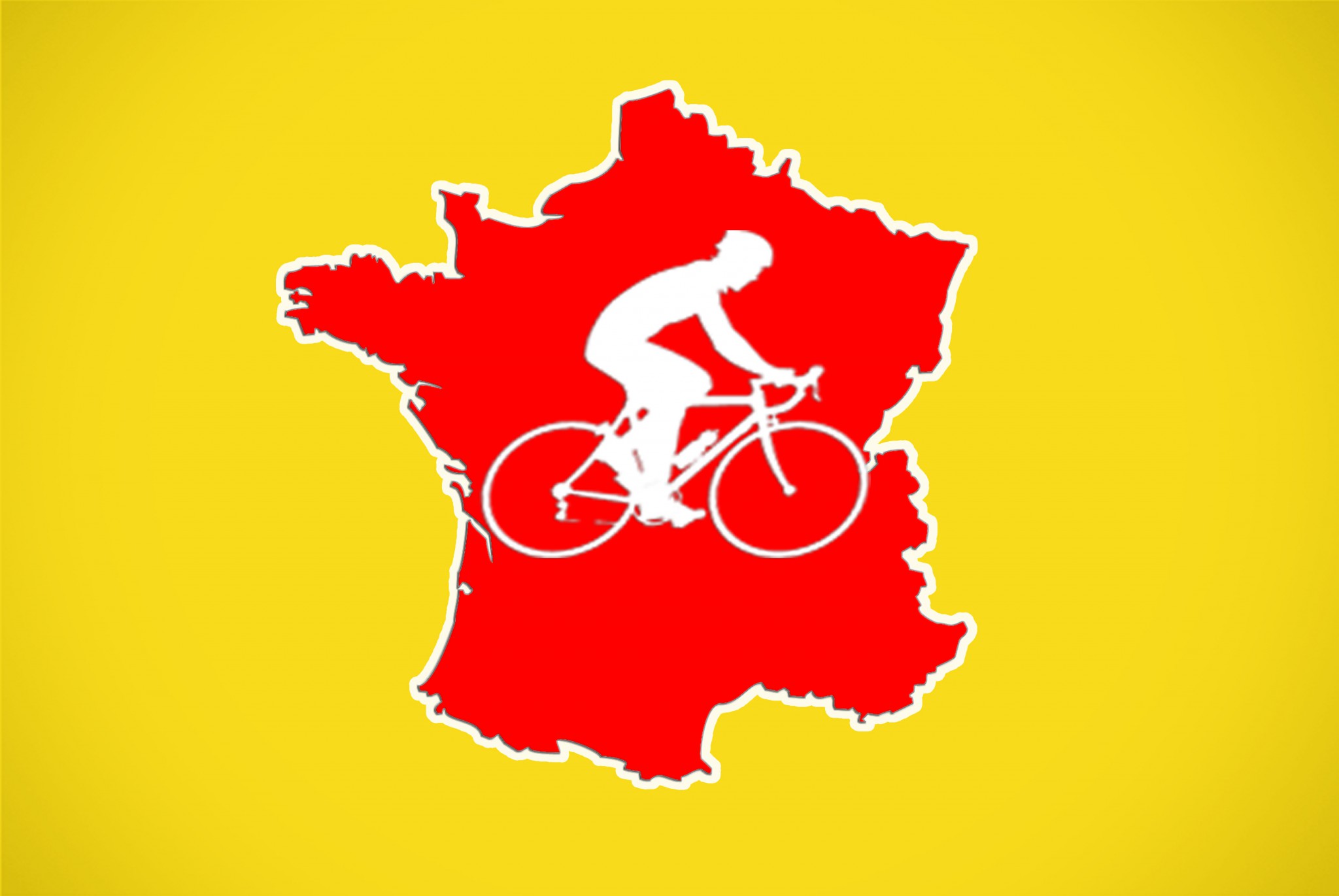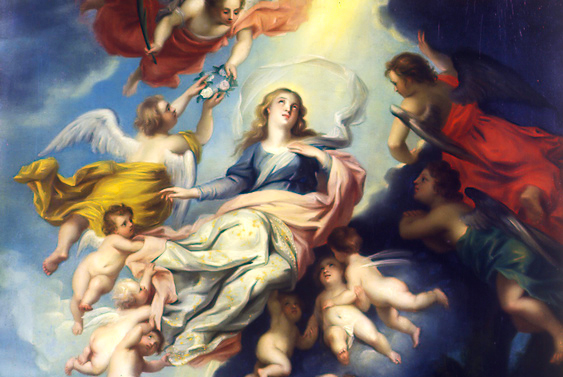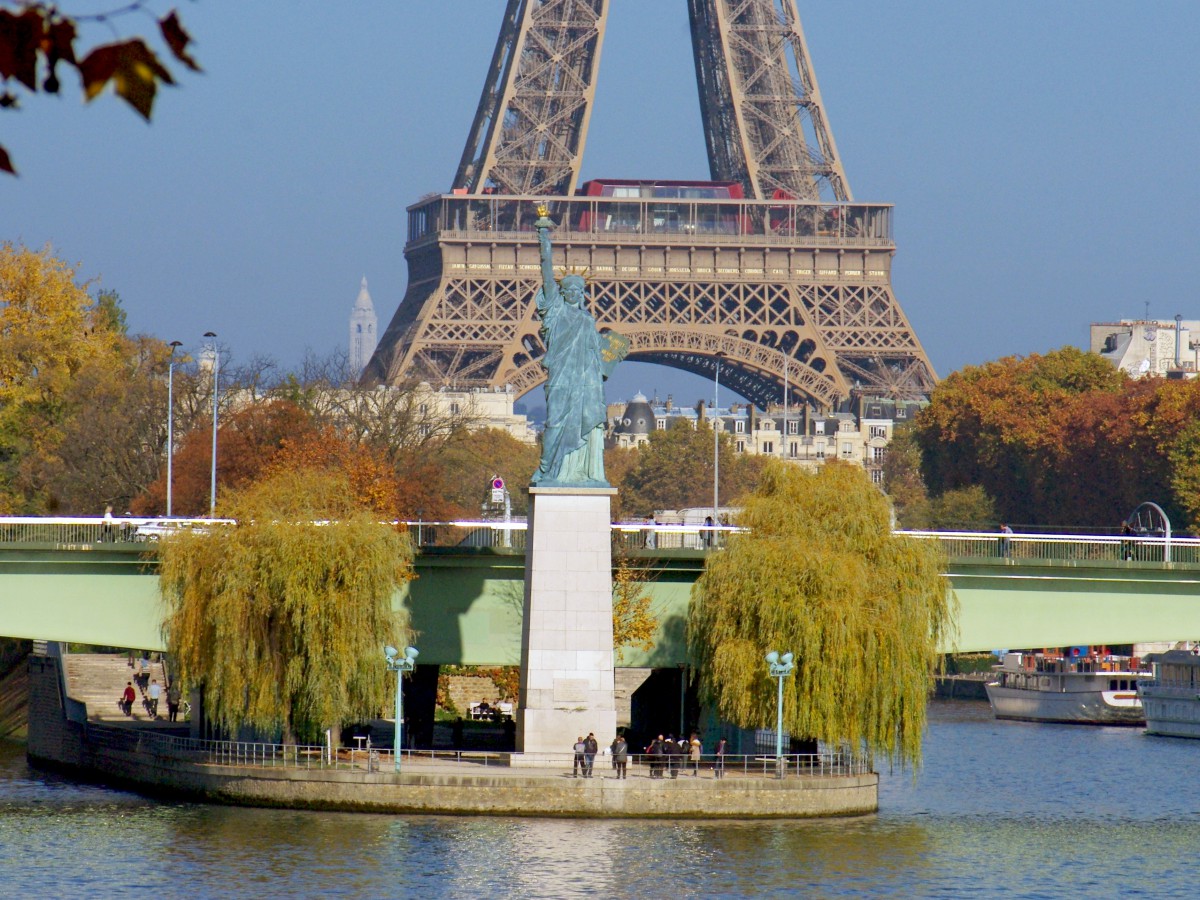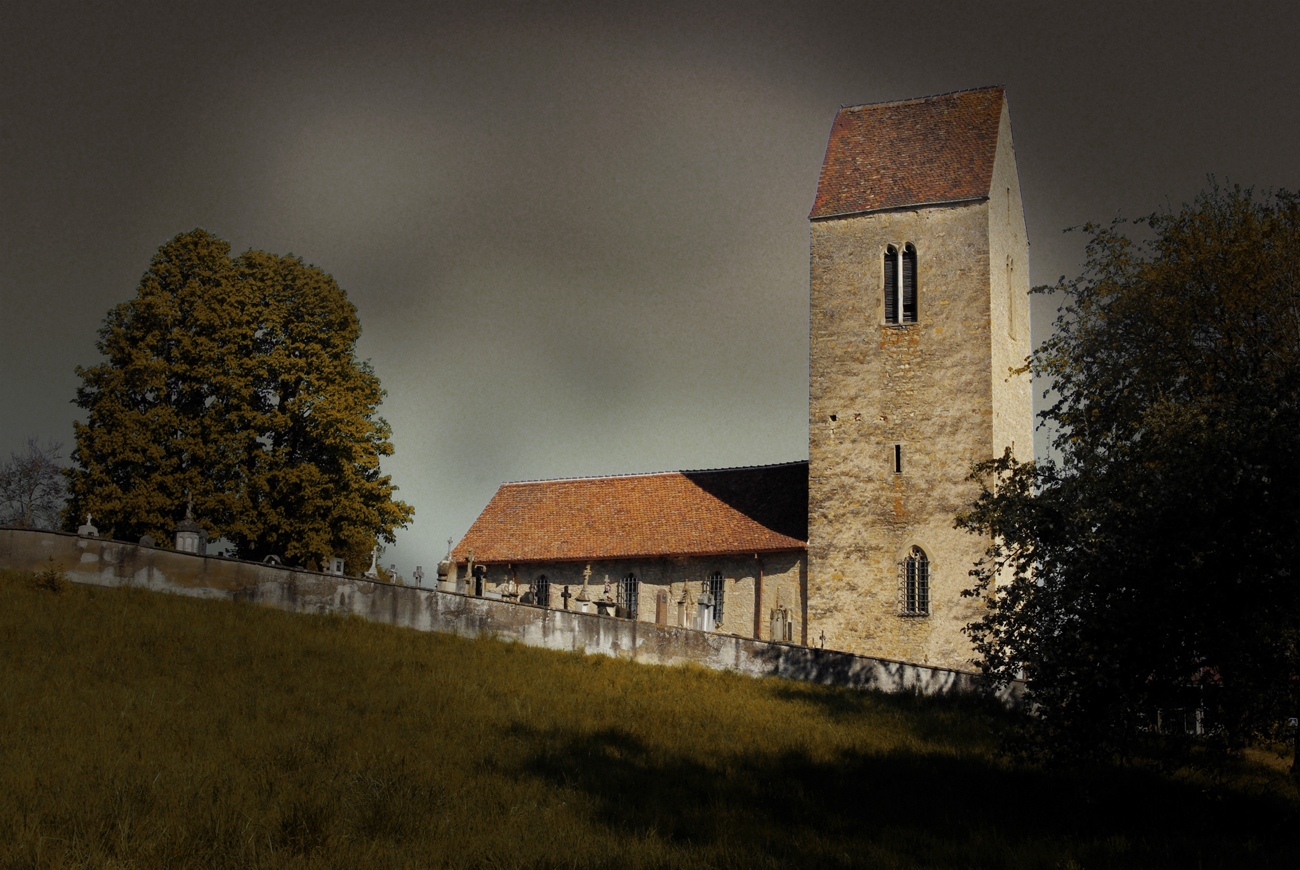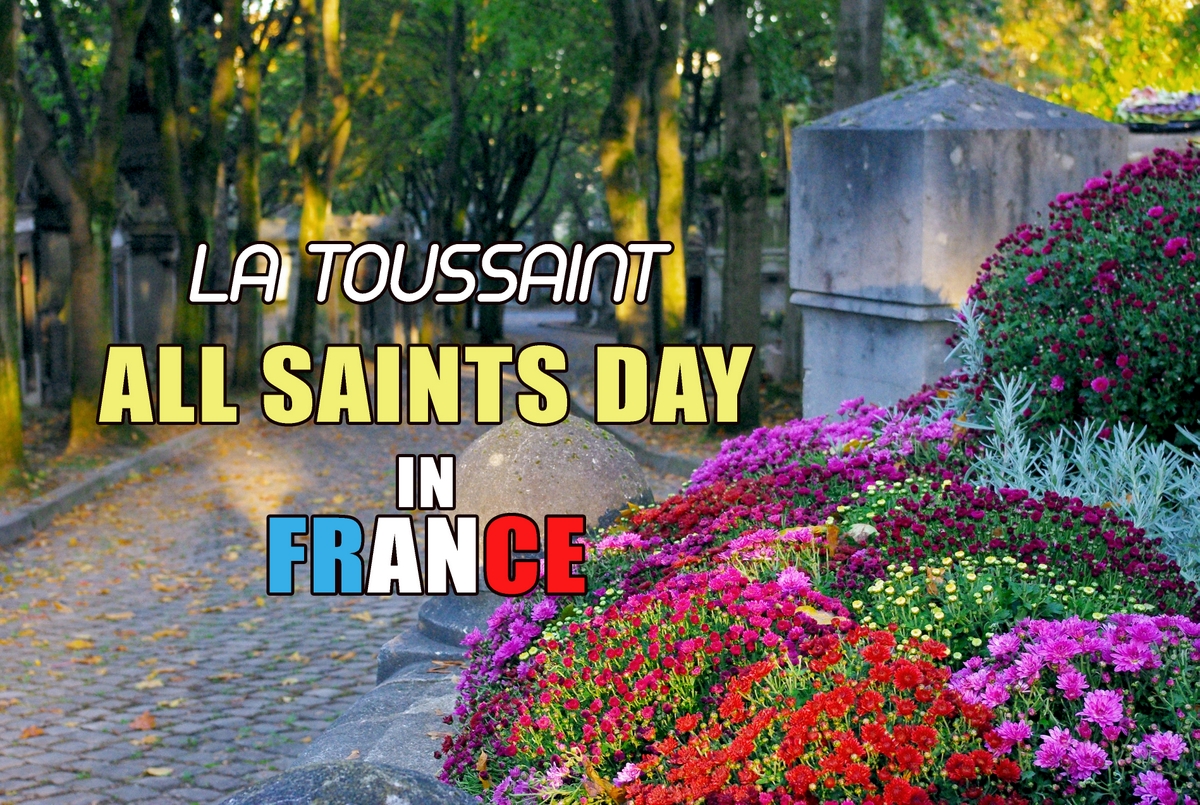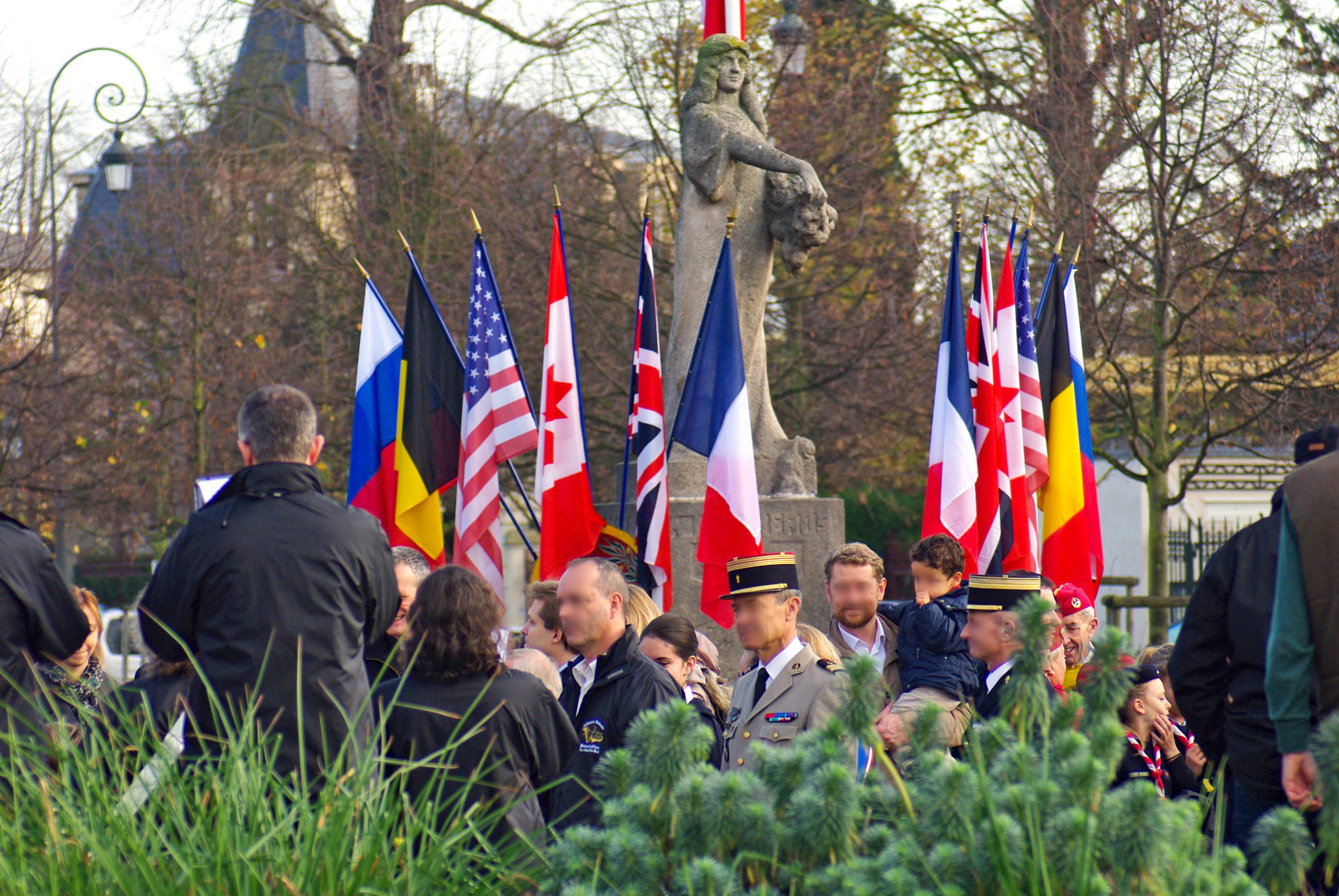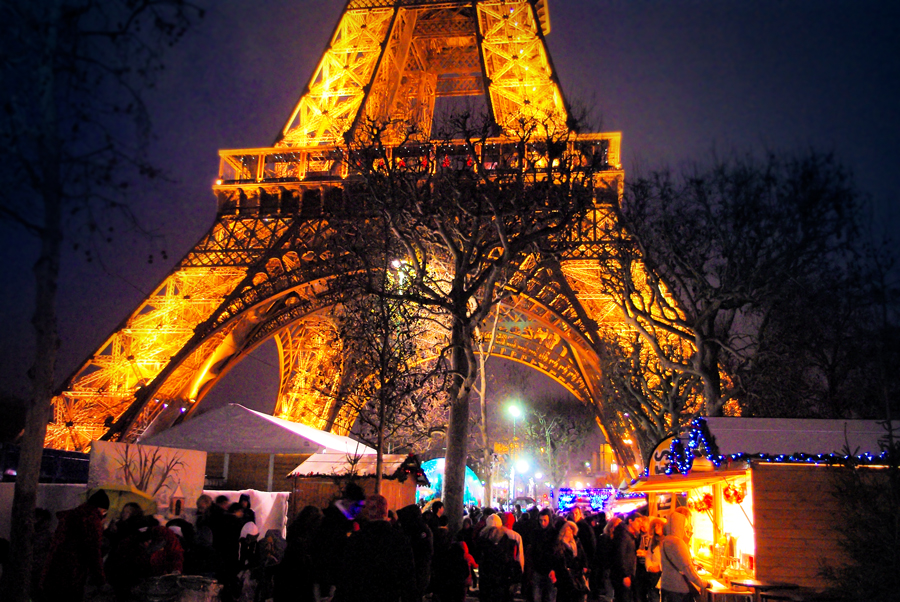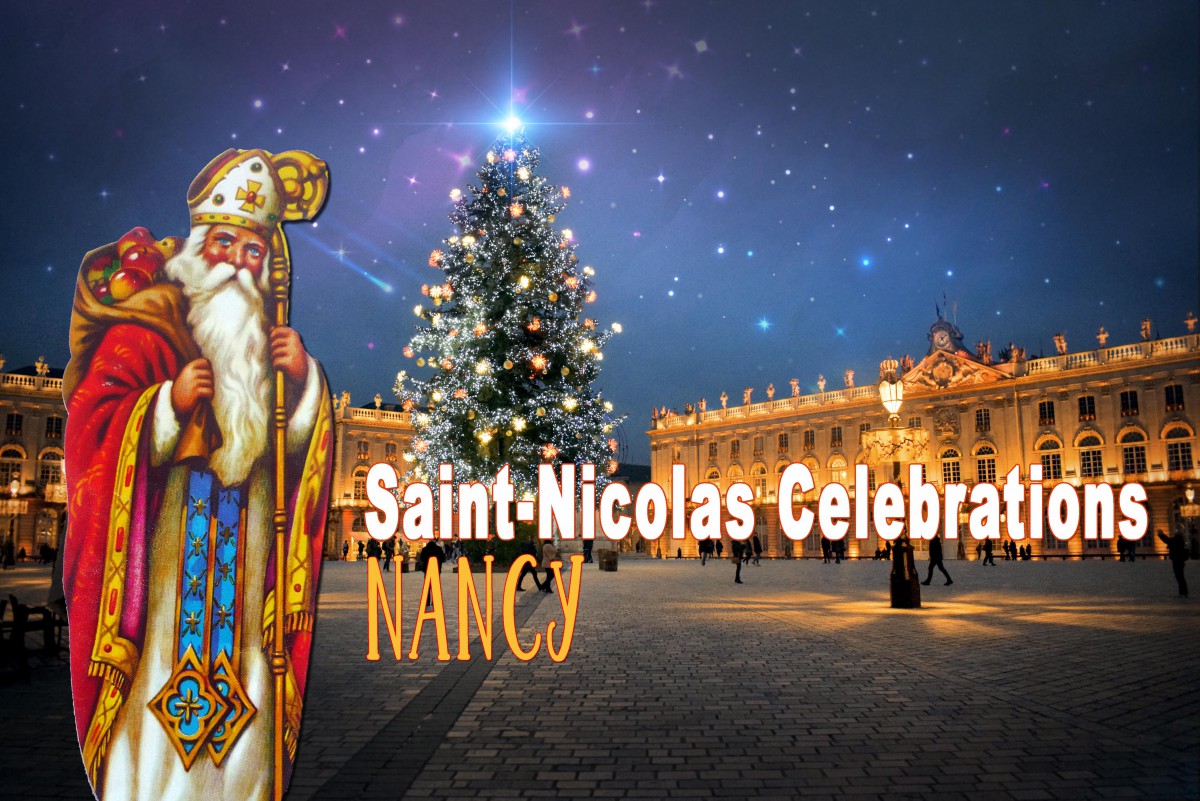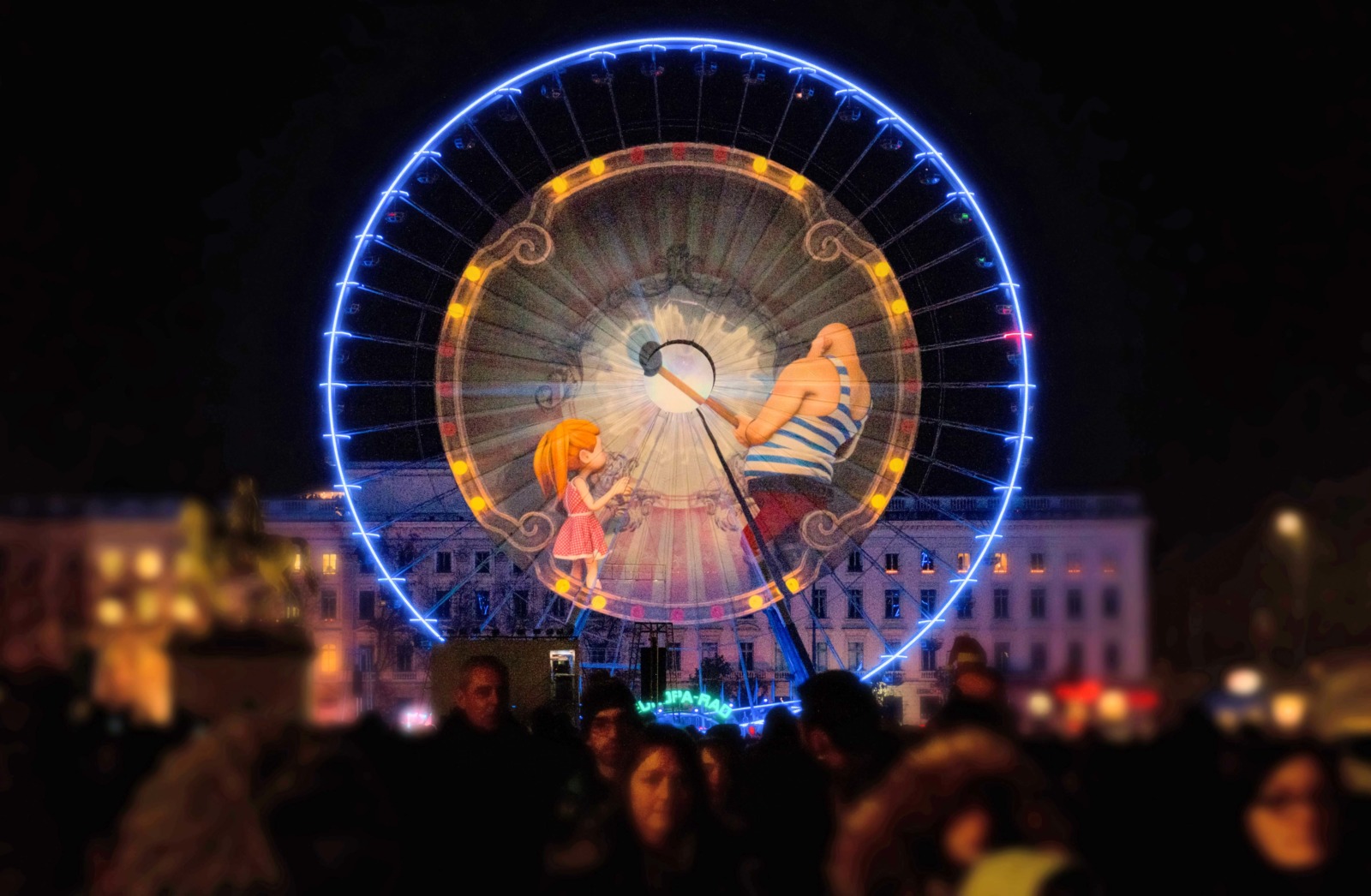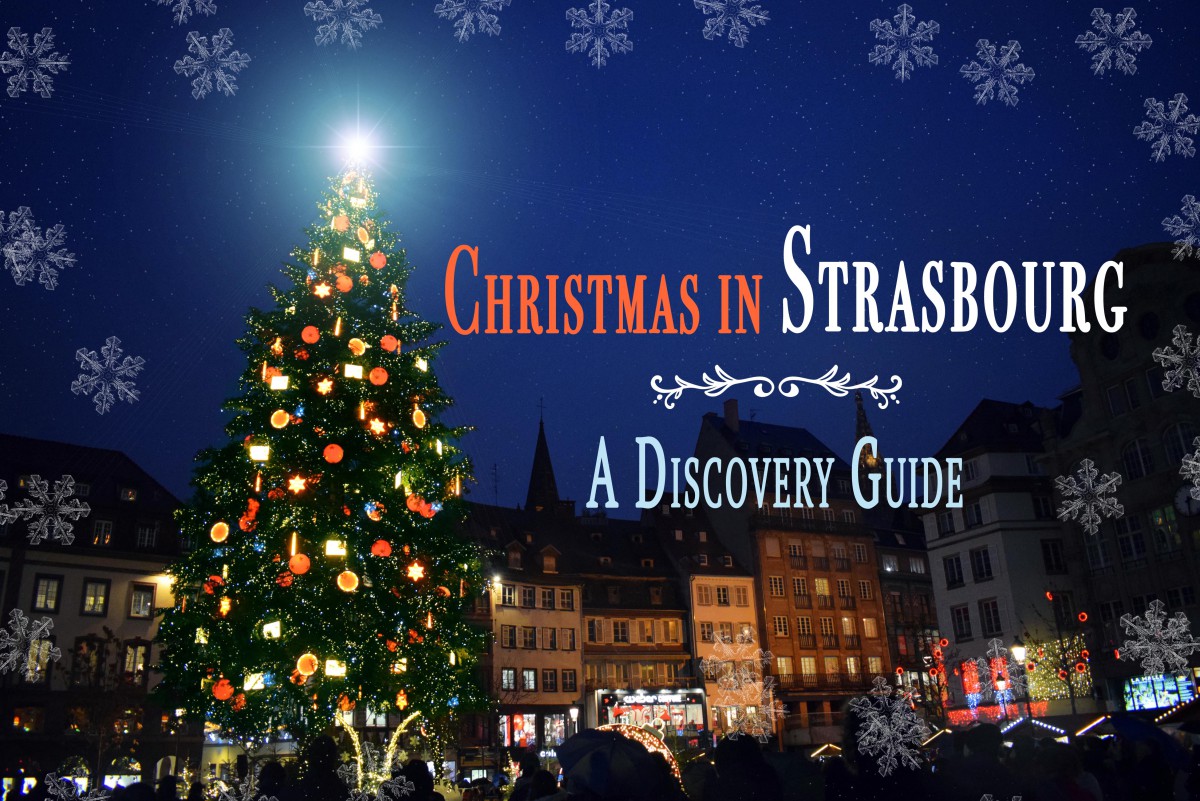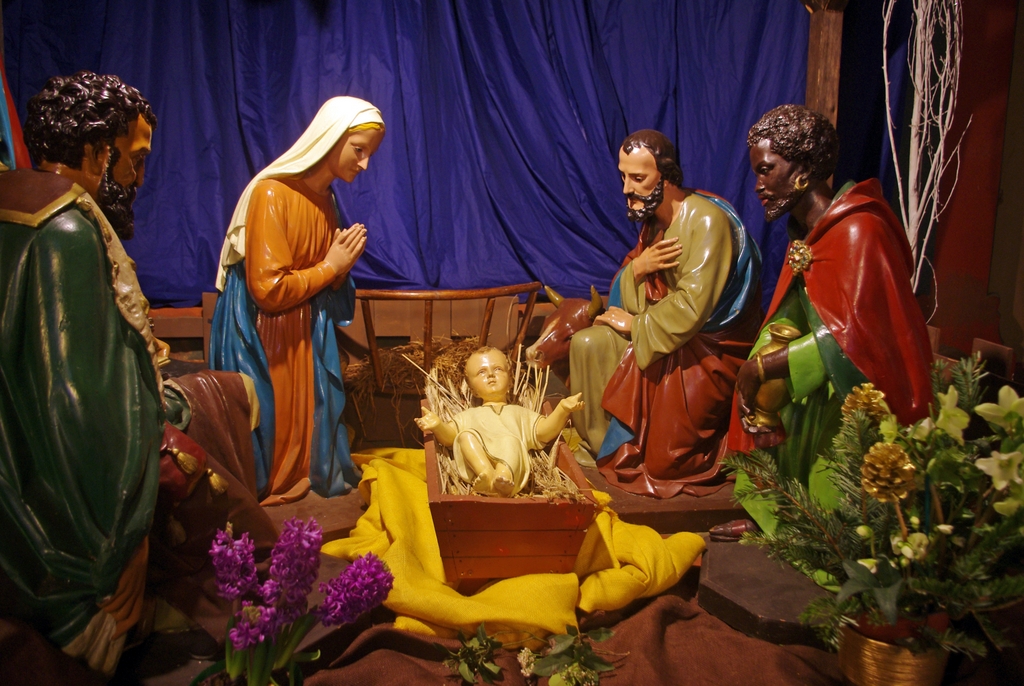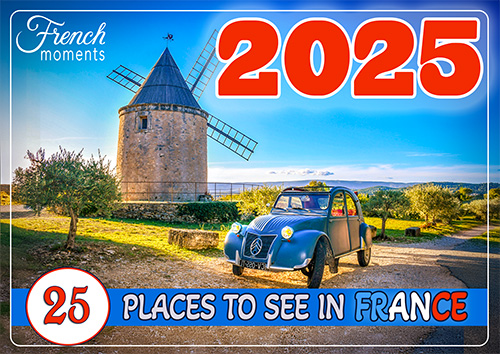The word Pentecost comes from the Ancient Greek pentếkosta, which means “the fiftieth day.”
Pentecost is a Christian feast that occurs fifty days after Easter.
It celebrates the descent of the Holy Spirit upon the Apostles.
In France, Pentecost Day ends the Easter celebrations, which last seven weeks.
The Origins of Pentecost Day in France
To better understand this significant celebration, it is interesting to look at the verses of the Acts of the Apostles, which tell of the Ascension of Jesus:
8 But you will receive power when the Holy Spirit comes on you, and you will be my witnesses in Jerusalem, and in all Judea and Samaria, and to the ends of the earth.”
9 After he said this, he was taken up before their very eyes, and a cloud hid him from their sight.
10 They were looking intently up into the sky as he was going when suddenly two men dressed in white stood beside them.
11 “Men of Galilee,” they said, “why do you stand here looking into the sky? This same Jesus, who has been taken from you into heaven, will come back in the same way you have seen him go into heaven”
(Acts of the Apostles1: 8-11)
Pentecost Day: The Descent of the Holy Spirit
According to the Bible, Jesus announced the future descent of the Holy Spirit to his Apostles.
He did this explicitly in the first verse but also in the two last verses: “Two men dressed in white” say to the Apostles that “Jesus […] will come back in the same way you have seen him go into heaven”. The Ascension of Jesus also marks the introduction to Pentecost, which is described in the Acts of the Apostles:
“When the day of Pentecost came, they were all together in one place. Suddenly a sound like the blowing of a violent wind came from heaven and filled the whole house where they were sitting. They saw what seemed to be tongues of fire that separated and came to rest on each of them. All of them were filled with the Holy Spirit and began to speak in other tongues[a] as the Spirit enabled them.” Acts of the Apostles 2: 1-4
Baptised by the Holy Spirit, the Apostles spread the Gospel and founded the first Christian Church.
41 “Those who accepted his message were baptised, and about three thousand were added to their number that day”
Acts of the Apostles 2:41
The celebration of Pentecost Day
The feast of Pentecost was established in the 4th century.
Until 1965, people celebrated it on Whit Monday, or “Pentecost Monday.”
In fact, before the Second Vatican Council (1962-1965), the Roman Catholic Church always celebrated Pentecost.
Those who had been newly baptised and confirmed were obliged to attend.
With the Second Vatican Council (led successively by Popes John XXIII and Paul VI), Pentecost Monday was no longer officially celebrated except by Traditionalist Catholics.
The fast-growing Protestant movement of Pentecostalism, named after the Feast of Pentecost, gathers approximately 300 million believers worldwide.
Pentecost Day in France
During the Middle Ages, fires lit high above villages symbolised Pentecost to keep away evil spirits.
Processions with lighted altar candles were held to keep away pests and dangerous animals (rats, bears, wolves, etc.).
Flames lit at the mass represented the tongues of fire descending on each Apostle.
The Rose season
In Europe, people celebrated the Day of Pentecost during the “Rose season”.
Therefore, in some French regions, people used to throw red rose petals from the rib vaults of churches.
This symbolised the tongues of fire mentioned in the Acts of the Apostles.
After a procession from Notre Dame Cathedral in Paris, it was tradition to release birds and pigeons.

The celebration of Pentecost is a significant time for the Catholic Church.
In fact, it is during Pentecost that confirmation ceremonies take place.
Pilgrimage of “Notre-Dame de Chrétienté”
Every year during the weekend of Pentecost, thousands of Catholic pilgrims walk 100 kilometres between Notre Dame in Paris and Chartres Cathedral.
In doing so, they follow the traditional pilgrimage of “Notre Dame de Chrétienté”.
![Notre Dame de Chartres © Olvr - licence [CC BY-SA 3.0] from Wikimedia Commons](https://frenchmoments.eu/wp-content/uploads/2012/11/Notre-Dame-de-Chartres-©-Olvr-licence-CC-BY-SA-3.0-from-Wikimedia-Commons.jpg)
Confirmed believers (often teenagers from 12 to 18 years old) are anointed with Chrism by a bishop or a priest after laying on hands.
The ritual liquid is a mixture of olive oil and perfume, symbolising the gift of the Holy Spirit.
The “Veau de la Pentecôte”
Recently, a new tradition has appeared in France, initiated by the agricultural sector: the “Veau de la Pentecôte” (Pentecost veal).
It aims to increase meat consumption.
As the calves are born at the end of winter and slaughtered 3 or 4 months later, they often end up on French (and European) dinner plates for Pentecost Sunday.
Pentecost Monday in France: a bank holiday?
Before the French Revolution, the entire week after Pentecost was a public holiday in France.
In 1801, the Concordat between Napoleon and Pope Pie VI limited this period; only Monday remained as a day off.
In 2004, the government of Prime Minister Jean-Pierre Raffarin made Pentecost Monday an unpaid workday.
The proceeds from this day went towards funds to care for elderly and disabled people to improve their quality of life.
Facing intense public opposition, newly elected French President Nicolas Sarkozy once again changed the rules in 2008.
He reestablished Pentecost Monday as a day off.
Therefore, the actual day for unpaid work to help the elderly has since been negotiated by companies, organisations, and their social partners.
Celebration dates of Pentecost
Pentecost Day is celebrated on the seventh Sunday after Easter.
Therefore, because the date for Easter changes each year, so does that of Pentecost.
Here are the dates for the coming years:
- 2024: 19 May
- 2025: 8 June
- 2026: 24 May
- 2027: 16 May
- 2028: 4 June
Read more in French: Que fête-t-on à la Pentecôte? (official website of the Catholic church in France).
Verses from the Holy Bible, New International Version®, NIV® Copyright ©1973, 1978, 1984, 2011 by Biblica, Inc.® Used by permission. All rights reserved worldwide.

